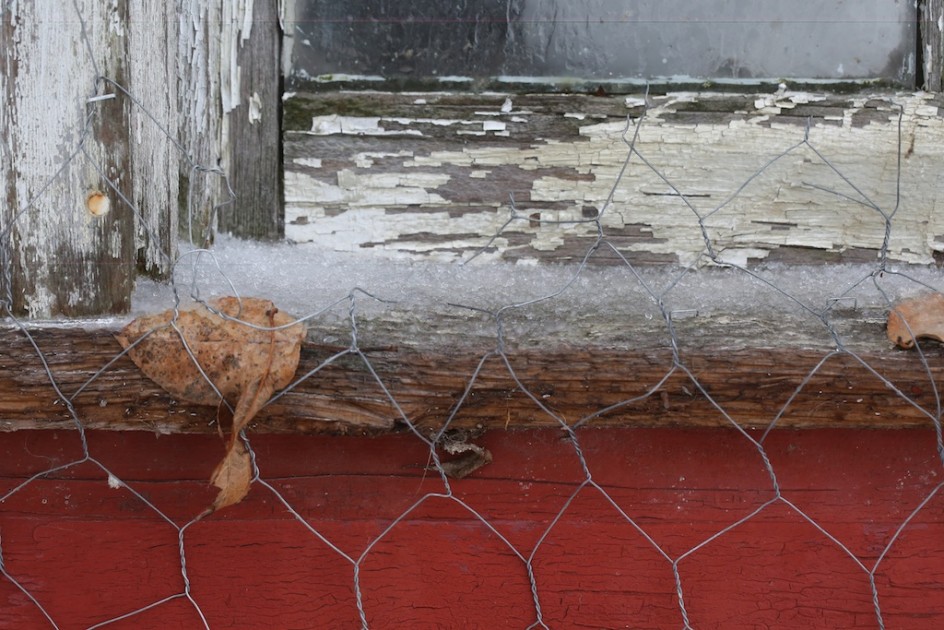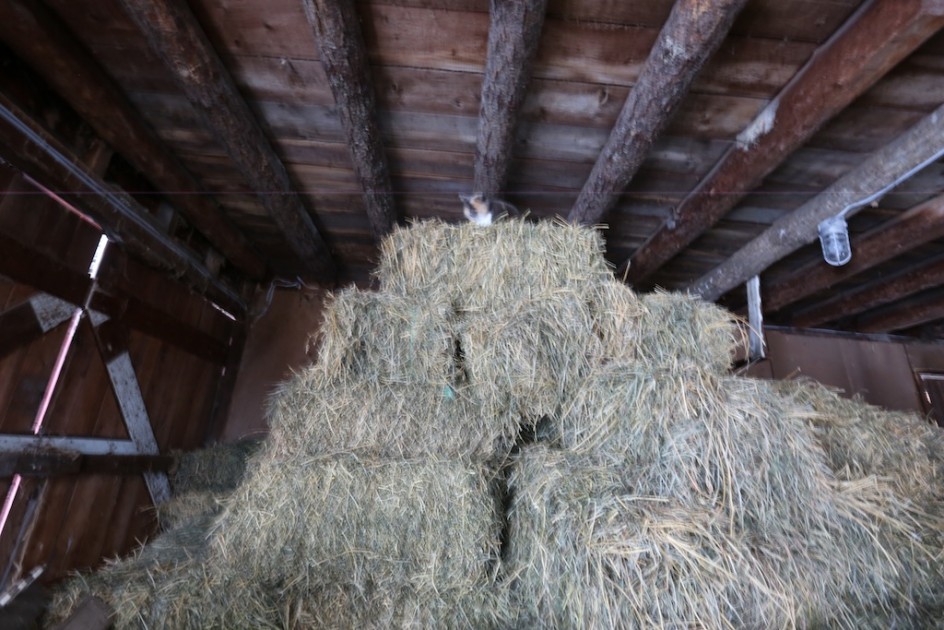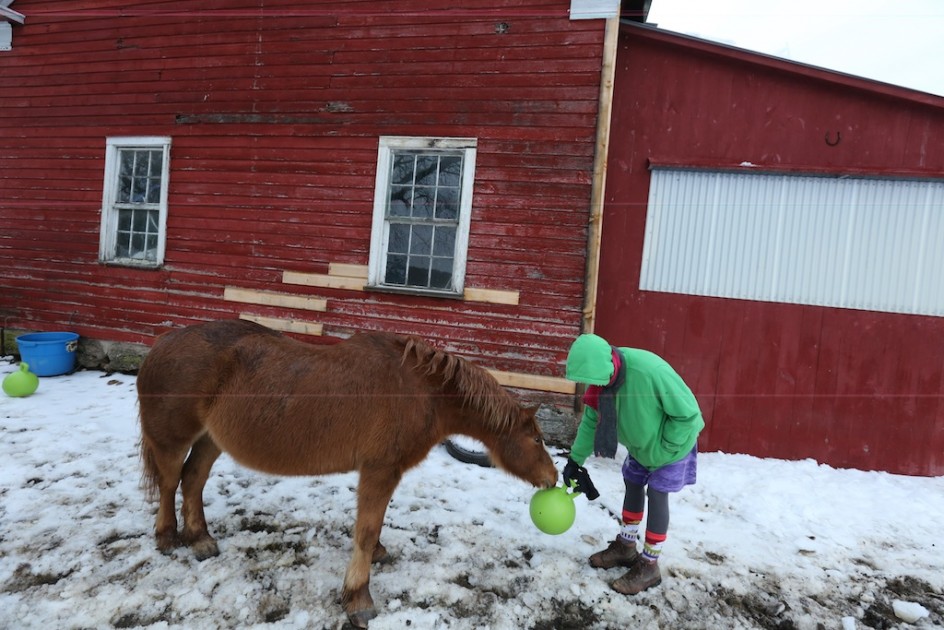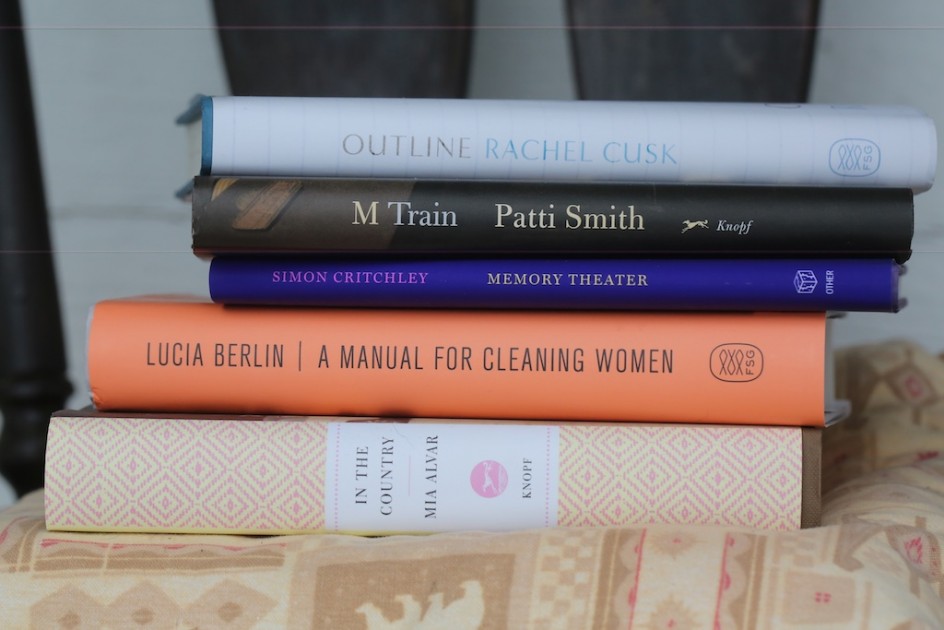
Thomas Jefferson believed that as long as a man had his own piece of land, he was independent. He even argued that only farmers should be elected as congressmen because he regarded them as the “true representatives of the great American interest,’ unlike the greedy merchants who, he said, “have no country.”
Here, living in rural life, living among the family farmers struggling against the political and economic system to survive, I imagine Jefferson could never have imagined the Corporate Nation. Those greedy merchants have become CEO’s and politicians, they have largely taken over our country, and created an economic and agricultural system that makes is almost impossible for individual men and women to live freely, to survive working on the land.
At present, writes the author and farmer and environmentalist Wendell Berry, we are too ignorant to know how ignorant we are when it comes to farmers. “We believe that we are free to impose our will upon the land with the utmost power and speed to gain the largest profit in the shortest time, and we believe that there are no penalties for this.”
Industrial farming uses the most extreme methodologies that trade long-term health, freedom and independence and fertility. They destroy, says Berry, the long-term productivity of the land and local ecosystems for short-term money gain, they drive real farmers from their land, and separate us from understanding our own food, and the from healthy and economical ways to eat.
Jefferson understood that factory (and office) workers, merchants and stockholders would never feel bound to their country like farmers who worked the soil and lived with animals. In our angry and disconnected world, we can see that his prophecy has come to pass. How many happy people are seen in our civic and political system?
“The small landholders are the precious part of the state,” Jefferson insisted, writes Andrea Wulf The Invention Of Nature, and had written into his draft for the Virginia constitution that every free person was to be entitled to 50 acres of land. His political ally, James Madison, argued that the greater the proportion of farmers “the more free, the more independent, and the more happy must be the society itself.”
For both men, agriculture was a republican endeavor and an act of nation-building.
Ploughing fields, planting vegetables and devising crop rotation were occupations that brought self-sufficiency and therefore political freedom.
Six or seven years ago, I walked into a big old barn to photograph the light streaming through and asked the farmer if I could take pictures there, and he nodded, and said sure, he never even asked me what the pictures were for. I saw he was crying, and I asked him why, and he said he said he couldn’t compete with the big farms any longer, and had just sold his cows to a factory farm in Pennsylvania, where, he said, they would spend their lives on concrete and never see grass again or sit in a field.
Since then, I have stopped in many barns, met many farmers – so many of them are gone already. I think our world has no idea how much we will miss them when they are gone, how much they have given us, how much they mean.
It has been one of the pleasures of my new life to get to know these small family farmers, their loving families. it has been a tragedy to see them at war with their own world, dismissed and devastated by politicians and economists as inefficient, overwhelmed by corporate industrial farms whose only interest in the life of farming is money, and abandoned by the people, who have been taught to live in a Wal-Mart world and love it.
Farmers believe in freedom, they cherish independence, and they are so much happier than the society that has diminished them, a world of “jobs,” not callings, where people slave in work they hate for people who care nothing for them, and throw them in the trash as just another form of waste.
Office and warehouse workers, merchants and hedge fund managers do not feel nearly as bound to their country and its principles as any farmer I have met or known. Our country was founded on the idea of freedom, not freedom has been supplanted by the worship of money – money at all costs, by any means.
And freedom is the point, really, of farming. Joshua Rockwood, the Glenville, N.Y., fighting for his life and his farm against the depraved new ideology of animal rights, is passionate about the long-term productivity of the land, about the ploughing of fields, the planting of grass and vegetables, the growing of meat, the devising of the healthiest possible crop rotations. He is fighting both for his freedom and his very way of life, and until the animal rights police raided his farm and nearly destroyed his life, loved every day of it.
I think of the New York Carriage drivers, fighting to stay close to their traditions of independence and work with animals, fighting for both against a political system and so-called progressive politicians and animal advocates who are too ignorant to know how ignorant they are, or even where we come from as a nation.
At the year’s end, I celebrate the surviving small farmers, they will be the first to tell you that they are doomed, overwhelmed by a system that is suffused by greed and arrogance, supported by a citizenry that has been taught only to care about money and worry about it, but not to remember the freedom and meaning and independence of the land.




